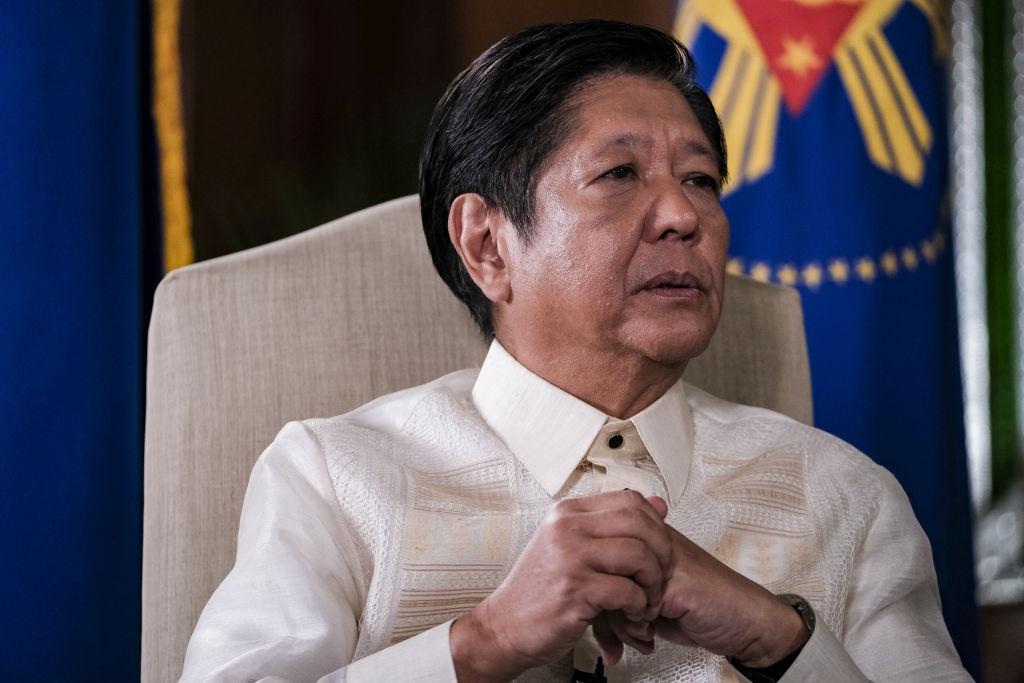
A “foreign actor” is likely behind deepfake content that made Philippine President Ferdinand Marcos Jr. sound like he’s urging military action against China, according to his communications office.
The government is investigating the spread of the manipulated video and will file cases against those responsible, the communications office said in a statement Friday. The deepfakes “seemingly asking the Armed Forces to act against another nation” have since been taken down, the office said, without mentioning China.
The fake content circulated this month amid mounting tensions between the Philippines and China on their overlapping claims in the South China Sea. Marcos had repeatedly said he’s not trying to provoke Beijing as his nation asserts its rights and sends ships to disputed waters where encounters with China have become more frequent.
A local media report said the deepfakes portrayed the Philippine leader to be calling for the use of force to retaliate against China. His communications office flagged the manipulated content earlier this week, and said there’s no such directive from the president.
The Marcos deepfakes show how nations around the world from the U.S. to India are grappling with manipulated online content attempting to influence politics as artificial intelligence takes off.
More Must-Reads from TIME
- Cybersecurity Experts Are Sounding the Alarm on DOGE
- Meet the 2025 Women of the Year
- The Harsh Truth About Disability Inclusion
- Why Do More Young Adults Have Cancer?
- Colman Domingo Leads With Radical Love
- How to Get Better at Doing Things Alone
- Michelle Zauner Stares Down the Darkness
Contact us at letters@time.com